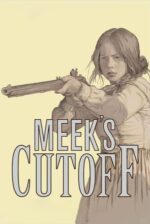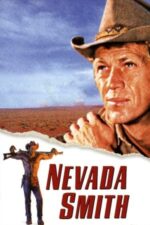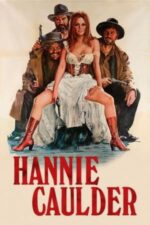More Than Just Hats & Horses: Exploring the Enduring Myth of the Wild West
Okay, let’s talk about the “Wild West.” It’s such an instantly recognizable image – cowboys, saloons, dusty landscapes… but it's so much more than just a backdrop for John Wayne movies. The idea of the American West has been woven into our cultural fabric for generations, and what we think we know about it is often a fascinating blend of fact, fiction, and pure myth-making.
What’s remarkable is how consistently filmmakers have returned to this territory, not just to tell straightforward stories of frontier justice, but to examine complex themes of identity, exploitation, and the very nature of progress. Think about Outlaw Johnny Black. It's a revenge story at its core, sure, but it also uses that framework to expose the brutal realities of land grabs and corporate greed – things that were absolutely happening in the West! It’s not just about good guys versus bad guys; it’s about systemic injustice.
Then you have films like Buffalo Bill and the Indians, which is brilliant because it actively deconstructs the very myth it portrays. It's a satirical look at how history gets manufactured, how cultures are commodified for entertainment, and how power dynamics shape narratives. It’s almost meta – acknowledging its own role in perpetuating (and then questioning) the Wild West legend. I remember seeing this film as a teenager and being genuinely shocked by its playful cynicism; it really made me question everything I thought I knew about American history!
And it's not just about the big, sweeping narratives. Even something seemingly simple like Edison’s short clip of Annie Oakley offers a glimpse into the complexities of the era. It highlights the role women played – often defying expectations and shattering stereotypes – while also showcasing the surprisingly tender relationship between Annie and her husband, Frank Butler. It's a reminder that even within these larger narratives, there were real people with complicated lives.
What’s fascinating is how filmmakers continue to reinterpret the West. The Return of a Man Called Horse takes us beyond the typical gunslinger narrative, exploring themes of cultural identity and disillusionment through the eyes of an Englishman who finds himself caught between two worlds. And then you have something like The Villain, which leans into the comedic potential of the genre while still poking fun at the tropes we’ve come to expect.
Ultimately, the enduring appeal of the Wild West lies in its ability to reflect our own anxieties and aspirations. It's a landscape where anything seems possible – for good or ill – and it provides a canvas onto which we can project our hopes and fears about progress, justice, and what it truly means to be American.
So, next time you’re looking for something to watch, consider venturing beyond the familiar tropes of the Wild West. You might just discover a whole new layer of meaning beneath those hats and horses.







































